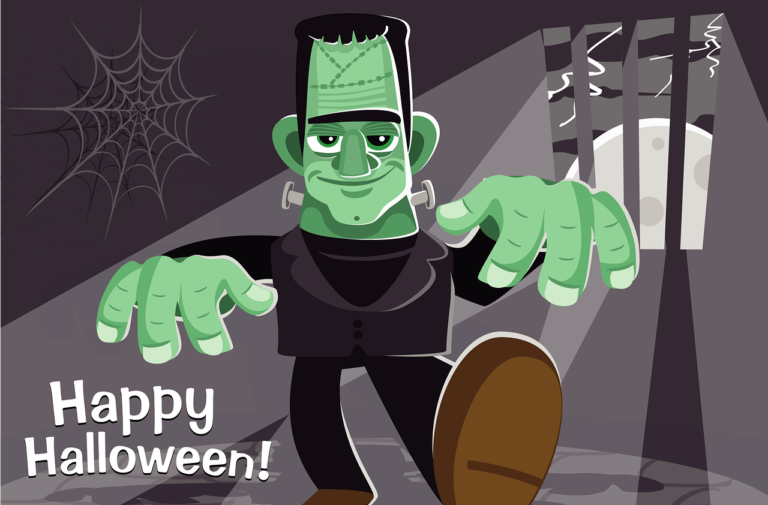Tracing the Fascinating History of Halloween
The history of Halloween is a rich tapestry of cultural influences that spans over centuries. It has evolved from ancient Celtic and Roman traditions into the modern holiday we celebrate today. Here is an overview of the history of Halloween.
Celtic Origins (800 BC)
History Of Halloween. Halloween’s roots can be traced back to the ancient Celtic festival of Samhain. Samhain was celebrated by the Celts in what is now Ireland, the United Kingdom, and parts of France. It marked the end of the harvest season and the beginning of winter. The Celts believed that on the night of October 31st, the boundary between the living and the dead became blurred, allowing spirits to roam the Earth. They lit bonfires and wore costumes to ward off malevolent spirits.
Roman Influence (43 AD)
When the Romans conquered Celtic territories, they incorporated some of their own festivals into Samhain. One of these was Feralia, a day in late October when the Romans commemorated the dead.
Christianization (7th to 9th centuries)
As Christianity spread into Celtic lands, the Church attempted to Christianize pagan holidays. In an attempt to steer away from evil practices, and make it a celebration everyone could enjoy. Pope Boniface IV established All Saints’ Day on May 13th to honor all Christian martyrs, and in the 9th century, Pope Gregory III moved it to November 1st, aligning it with Samhain. The evening before, October 31st, became All Hallows’ Eve, which later evolved into Halloween.
Medieval and Renaissance Europe
Halloween traditions continued to evolve in Europe, with elements of Samhain, All Saints’ Day, and All Souls’ Day blending together. Activities like “souling” (people going door-to-door offering prayers for the dead in exchange for food) and “guising” (dressing in costume and performing for treats) became popular.
Irish Immigration to America (19th century)
Irish immigrants brought Halloween customs to the United States in the 19th century. Over time, these traditions mixed with those of other European immigrants, leading to the development of uniquely American Halloween traditions.
Commercialization (20th century)
In the 20th century, Halloween became increasingly commercialized, with the sale of costumes, decorations, and candy. It also became more focused on fun and festivities for children, with activities like trick-or-treating becoming widespread.
Modern Halloween
Today, Halloween is celebrated in various forms around the world. It includes a mix of ancient Celtic, Roman, Christian, and American traditions. People decorate their homes, carve pumpkins, dress in costumes, go trick-or-treating, and participate in haunted houses and other spooky activities.
History Of Halloween
Halloween has evolved from a Celtic harvest festival to a global holiday and allows people of all ages to have fun and embrace their creativity. Its history is a fascinating blend of cultural influences and traditions.





